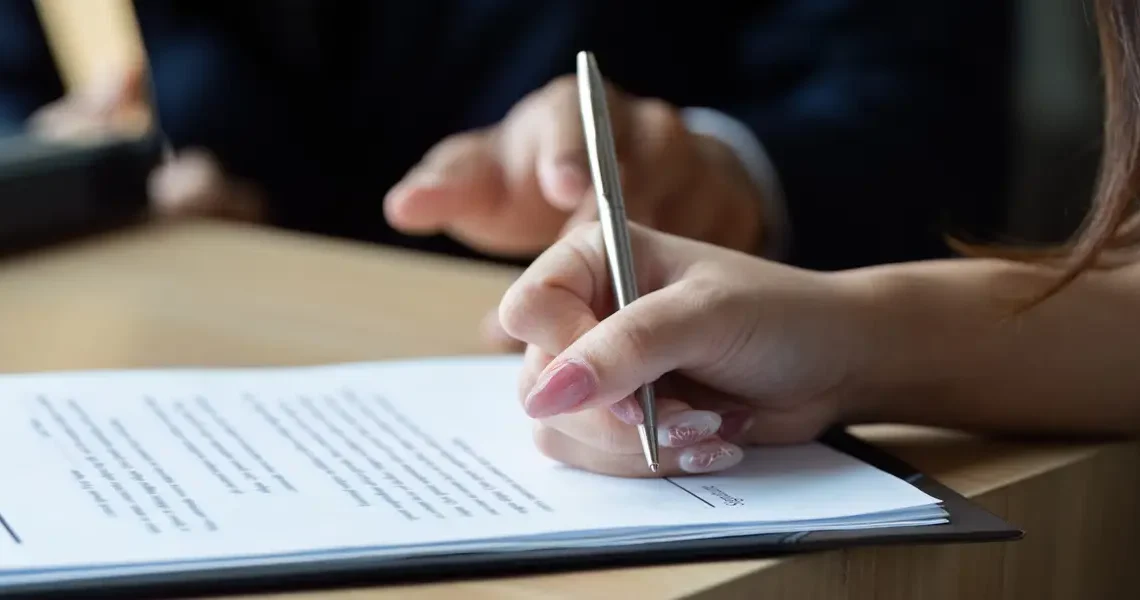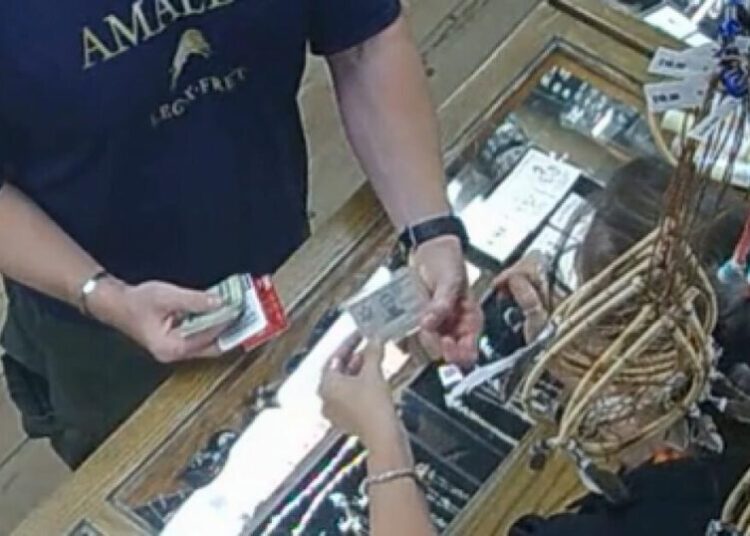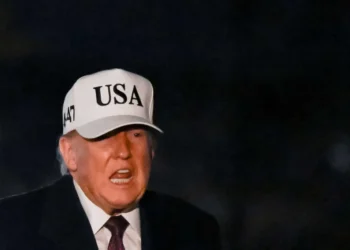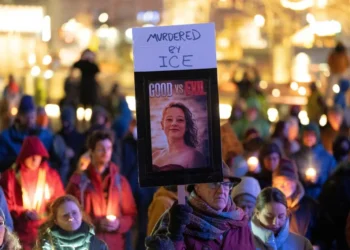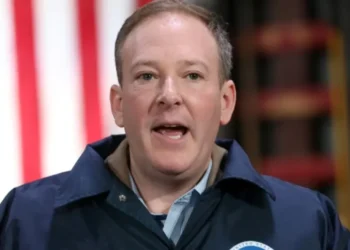I wish I could say my husband and I were young and foolish, but we weren’t that young. We just never considered writing wills.
Who needs those? Grandparents. People in their 80s whose adult children are going to argue over who gets the favorite painting or the glassware. We had one young child and nothing to our names. We were carefree.
Sure, we had a house. More accurately, we had a mortgage. We had a checking account and retirement accounts (though, after several moves and medical expenses, they would not have supported more than a few months of retirement). Neither of us had life insurance.
My husband was 42 when he was diagnosed with colorectal cancer. We walked through all of the paperwork connected to that diagnosis in slow motion: hospital bills, out-of-network acknowledgements for radiation, disability, and eventually power of attorney and hospice care.
We were so caught up in the paperwork involved in active dying that it didn’t occur to us to make plans for what could happen after he was gone.
It’s not about the possessions, it’s about the child
Months after my husband’s death, I had a phone conversation with my dad. He asked what I had in place for my daughter in case anything happened to me.
Nothing. I had nothing formal in place. Just an understanding with my best friend that she’d swoop in and care for my daughter if needed.
My dad, it turns out, assumed that my daughter would be moving to live with other family friends if something happened to me. He said it as if it were a done deal.
That’s when it hit me. I didn’t just need a plan to pass tangible things along to my daughter. I needed a will to outline how she’d grow up in my absence. The idea of her growing up with our very good, but not ideologically aligned, friends terrified me. They’d never let her explore. They’d shut down crazy ideas. They’d squash her imagination. I panicked.
Sometimes, an emotional response can lead to a rational plan
For the first time in my life, I was beginning to see why having a will might be a good idea. I spent some time on internet searches and found an inexpensive, basic will-creation package. Similar to how online tax software services work, users answer questions, and the relevant forms are populated accordingly.
In answering those questions, I realized that I did actually have a few assets that needed to be conveyed. I learned that, while my daughter was listed as a beneficiary on some accounts, probate can slow the process of transferring those funds to the beneficiary. A clear, simple will and power-of-attorney document could provide direction and ease the transition.
It took more than one session on my computer to complete the process. I had to collect account numbers and signatures, and then have the document notarized and send a copy to the person who agreed to be my power of attorney. In total, the process took me around five hours to complete. Now I can say that this time was well spent.
I did this for her
I’ll admit, I had to think about death and the future in short bursts because the idea of my daughter being without both parents was overwhelming to me. However, the idea of her being without both parents and having to go through more steps and paperwork gave me the motivation to complete the task.
There’s a lot of paperwork and process involved after a death. If I can remove one step, one barrier to her moving forward, just by writing a will, I want to do that for my daughter.
Read the original article on Business Insider
The post I didn’t think we had enough assets to need a will, and then my husband died appeared first on Business Insider.
